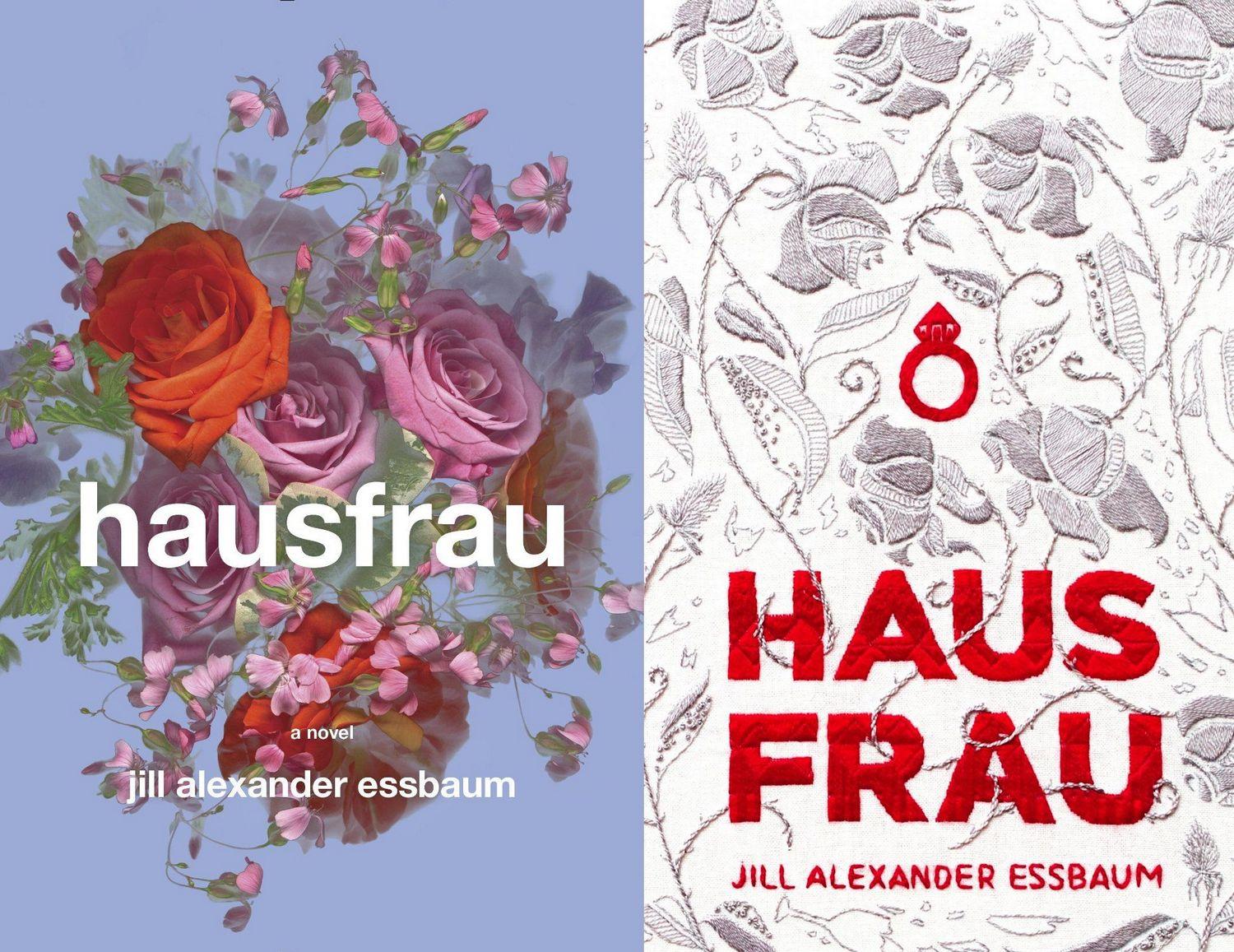
Suffering expat women in Switzerland

Language problems, therapy sessions and illicit sex fill the pages of Jill Alexander Essbaum’s Zurich-based novel Hausfrau. Do they define the expat experience?
The English language novel Hausfrau is the story of a depressed and isolated American woman living with her Swiss banker husband and three children in a Zurich suburb. The New York Times Sunday Book Review describes Hausfrau as “a novel of abiding, almost religious unhappiness. There is little air in Anna’s sadness, precious little wit or grit or grace. Her misery is blunt and static, unyielding as a mountain.”

More
Suffering expat women in Switzerland
That Anna Benz is not a likeable character surprised Jill Essbaum. “It had never occurred to me that people wouldn’t like her,” she told swissinfo.ch. “She’s troubled. I certainly wouldn’t call on her in an hour of deep need. But I hope that people are able to get past that and feel empathy for her.”
And some readers do.
“DON’T hate Anna too early in the book. True, she’s not terribly likeable but… Just read it, okay?” says blogger Kate W. on booksaremyfavouriteandbestExternal link.
Separating author and character
Jill Essbaum moved with her American husband to a Zurich suburb in 2006. She was a published poet, and her plan was to write. But like Anna Benz, Essbaum had trouble finding her place in Switzerland.
“My tendency is towards introversion. I think a lot of writers do that. And so I found it very difficult to go forth into the city and try and make friends,” she says.
Her marriage ended two years later, and she left her husband to go back to Texas.

“We were dissolving our marriage, and that can’t be blamed on another country,” she says. But her writing was coloured by her sadness.
She began writing Hausfrau after she left, but had trouble making progress until she realised she needed to change the book’s point of view, from first to third person.
“It was a story that surely my own experience influenced, but it was a story that wasn’t my own.”
Literary comparisons
In fact, there are parallels between Hausfrau and earlier classic novels, as reviewers point out.
Hausfrau “boasts taut pacing and melodrama, but also a fully realised heroine as love-hateable as Emma Bovary and a poet’s fascination with language,” wrote a reviewer in The Huffington Post.
Switzerland’s tabloid newspaper Blick, however, made a less literary comparison: “Fifty Shades of Grey meets ‘Desperate Housewives’ ”.
Anna Benz isn’t much of a housewife, but she’s certainly desperate. She moves from one affair – and one bed – to another. The book contains crude dialogue and graphic sex. Why?
“Because that’s what she does to feel better,” says Essbaum.
Does Anna’s story represent the experiences of English-speaking ex-pat women in Switzerland? In some ways, perhaps. In others, hopefully not.
As Essbaum writes in the last line of her book’s acknowledgments: “If you ever feel as terrible as Anna, please − I beg of you − seek help.”
Support for expat writers
Many expats learn to view cultural challenges in a positive light. Geneva writer Susan Tiberghien started her own “support” network, the Geneva Writers’ Group, in 1993. The group − which started out with 17 women meeting in Tiberghien’s home − now counts more than 200 male and female members who write primarily in English in genres ranging from flash fiction to slam poetry.

In compliance with the JTI standards
More: SWI swissinfo.ch certified by the Journalism Trust Initiative






























You can find an overview of ongoing debates with our journalists here . Please join us!
If you want to start a conversation about a topic raised in this article or want to report factual errors, email us at english@swissinfo.ch.